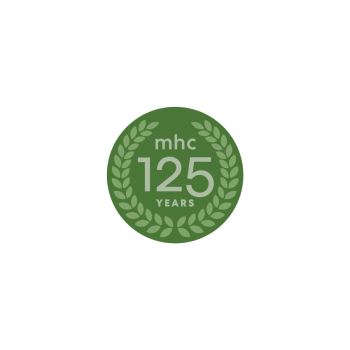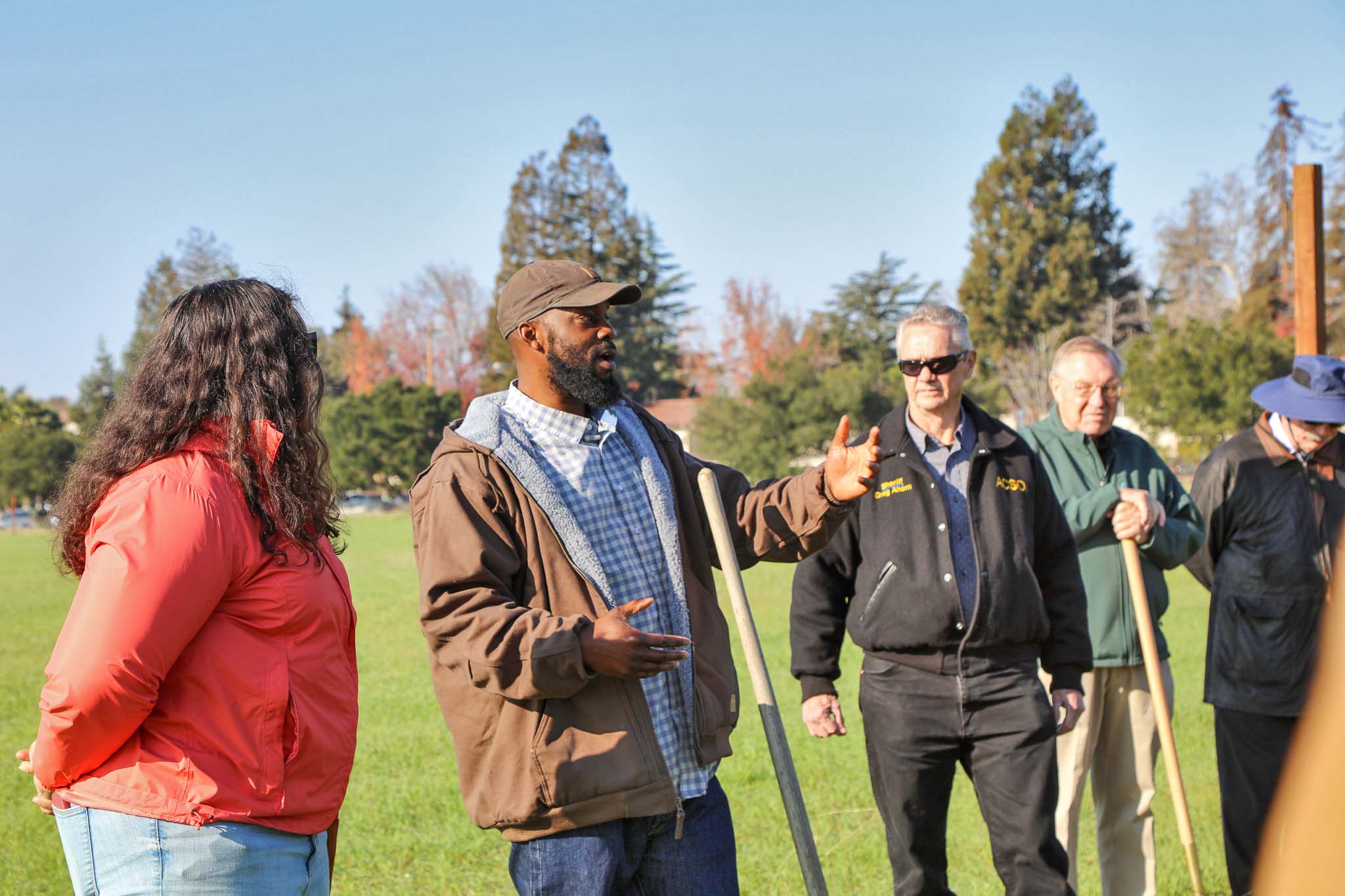
In Senior Living, We’re Better Together
For seniors in retirement, as in the Masonic lodge, strong social connections are the secret to successful aging.

By Ian A. Stewart
It isn’t just onions, leeks, and kale that’s being planted at the Masonic Homes of California campus in Union City. For the leaders behind Dig Deep Farms, the project to transform a 10-acre plot into an unlikely urban farm, there’s hope that the seeds of an even bigger change can take root here.

In 2022, Dig Deep Farms began turning over soil in the flatlands just off Mission Boulevard to transform into its latest East Bay agricultural oasis. The program is run through the Alameda County Deputy Sheriff’s Association, and encourages at-risk teens to learn about nutrition and sustainable farming. The initiative also offers fellowships and job training to the recently incarcerated. Food harvested from the program’s six East Bay farm sites is distributed through the Alameda County Community Food Bank.
The partnership with the Masonic Homes was spearheaded by the late Alameda County supervisor Richard Valle, who years earlier had helped the campus establish another innovative and eco-friendly partnership. That effort, undertaken alongside Tri-CED Community Recycling and the youth nonprofit Math Science Nucleus, involved diverting food waste from the approximately 900 meals served each day at the Masonic Homes and combining it with manure collected from an adjacent horse ranch. That waste is then stored in thermophilic bins and quickly converted to compost, which is added to the soil in the hills behind the Masonic Homes to help support a 1,000-acre native plant reforestation effort in Union City. By sequestering the methane from both the manure and food waste in the soil, the compost also prevents the release of climate-warming greenhouse gases.
Dig Deep Farms is a similar kind of partnership. But it isn’t the first time the Masonic Homes has had a thriving garden on the grounds. In its early days, the campus was nearly self-sufficient thanks to a farm and dairy that at one point included 15 cows, 65 hogs, and more than 2,000 chickens, ducks, and turkeys. In addition, the farm had a large vegetable operation that grew Jackson potatoes, barley, peas, beets, squash, and onions; an orchard of sugar-prune trees that produced six tons of dried fruit annually; plus cornfields and berry gardens full of blackberry and loganberry bushes. For more than a decade, the campus also had its own vineyard that supplied local wineries with 1 ½ tons of grapes annually.
The flatland along Mission was for many years also home to a stunning field of gladiola flowers, which were later moved to a farm in the Central Valley. The gladiola flower is closely associated with Union City—so much so that it is incorporated into the town’s seal. Since 1985, Union City has played host to an annual gladiola festival.
In recent years, the Masonic Homes has also used the grounds to grow and sow hay, which is sold to local farms, and for beekeeping, which helps ensure pollination of wildflowers and crops and yields locally made honey.
Above:
Leaders from the Masonic Homes, the Alameda County Deputy Sheriff’s Association, and Dig Deep Farms break ground on a new 10-acre urban farm.
Photograpy Courtesy:
Joy Liu
ASCO

For seniors in retirement, as in the Masonic lodge, strong social connections are the secret to successful aging.

Through Masonic Outreach Services, California Masons are able to deliver care and support to members throughout the state—and beyond.

The Masonic Homes of California evolved from a 19th century widows and orphans home into an innovative apparatus of care and relief.